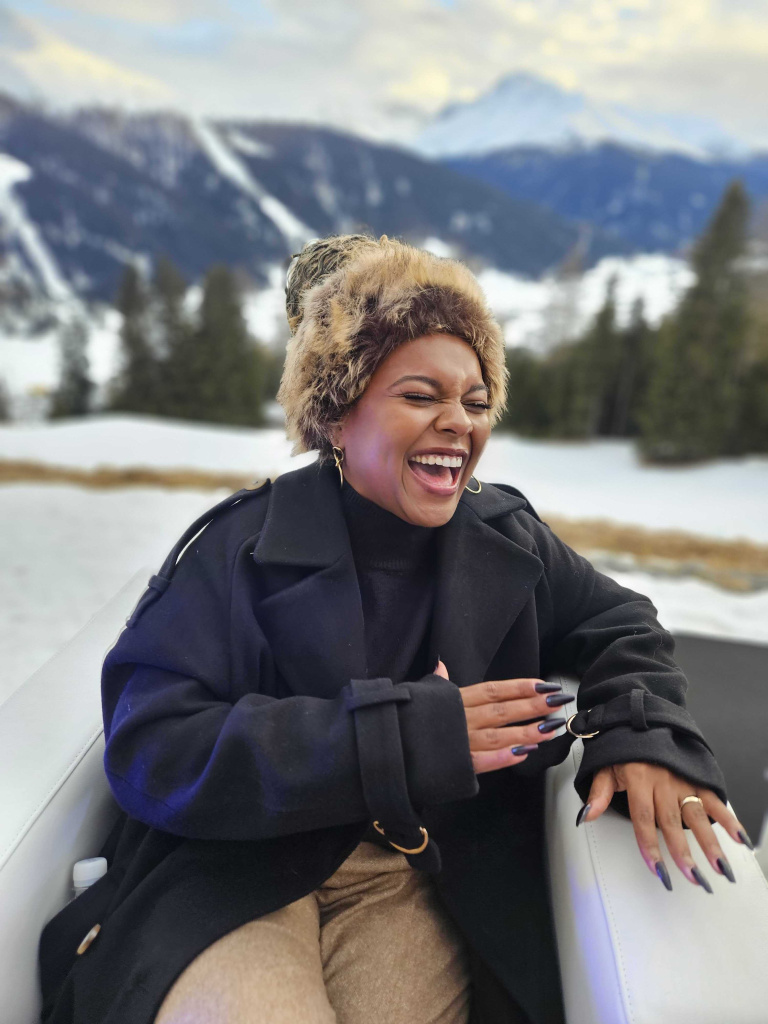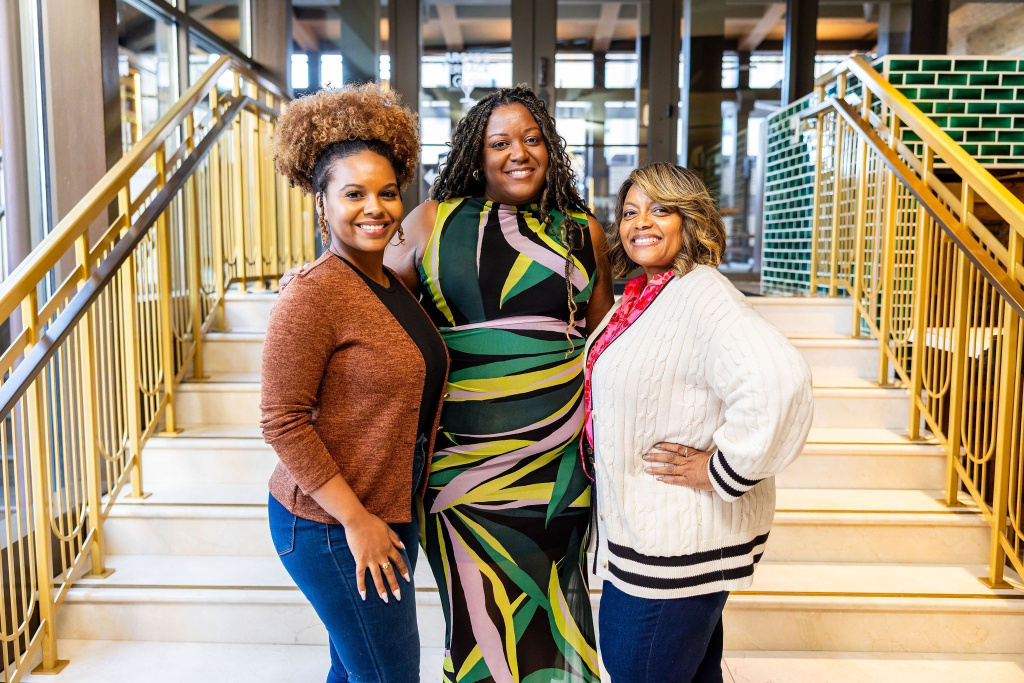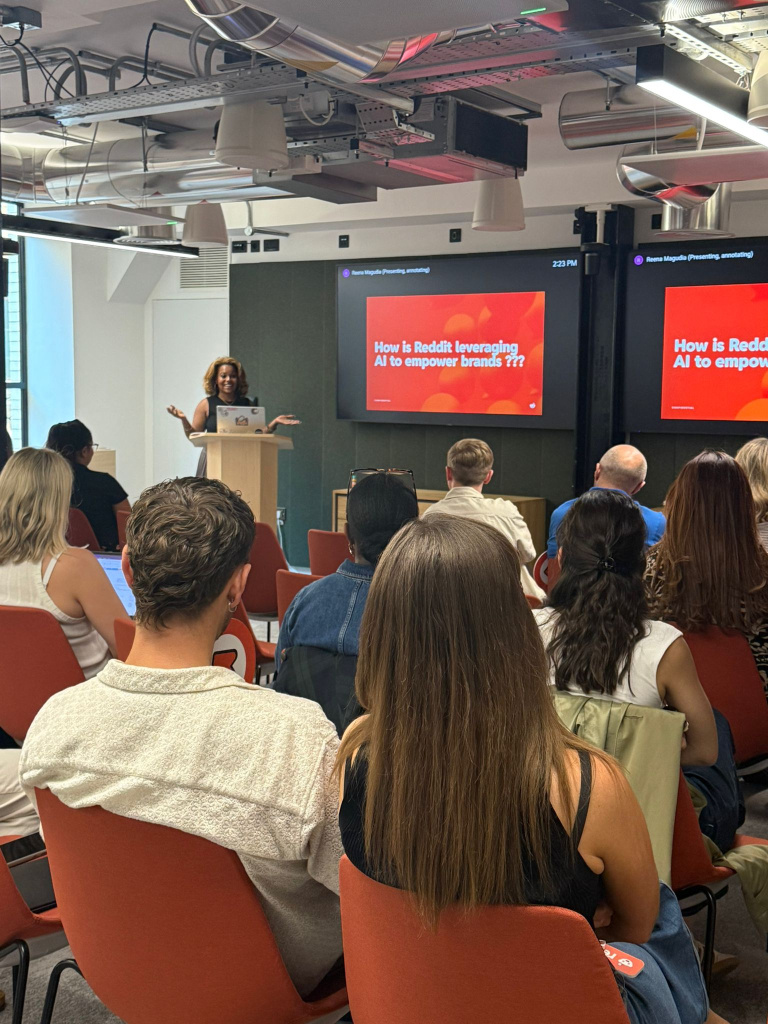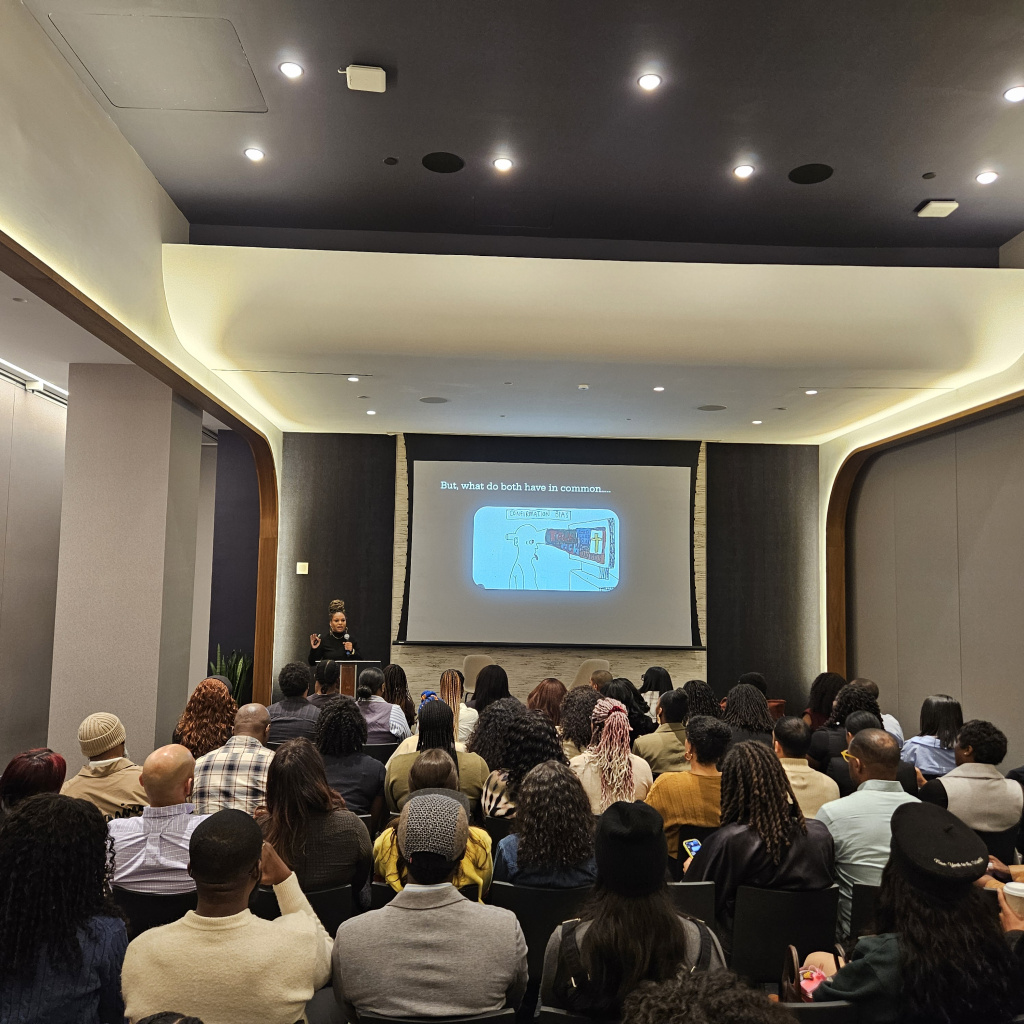30Under30 Honouree: Ava Toro

Great to hear from 30 Under 30 Honouree, Ava Toro, Global Lead Researcher, Agencies, at Reddit and National Membership Survey Chair for Sigma Gamma Rho Sorority, Inc. Ava is at the forefront of exploring the intersections of people and brands. Through her work, Ava delivers insights that are not only predictive of current market dynamics but also illuminate where culture and consumer behaviour are headed, helping businesses bridge the gap between what’s happening now and what comes next.
How did you get into the industry and reach this point?
At the University of Georgia (UGA), I was part of the newly launched Digital Marketing programme created by Dr. Jennifer Osmon. For the first time, marketing wasn’t just a pipeline to sales. It was strategy, analytics and storytelling all woven together. That experience lit a spark for me, showing how data could uncover human truths and fuel creative impact, and it set me firmly on the path toward research and insights.
I began on the agency side, working at both large networks like Publicis (Zenith) and smaller businesses like PM3 and CoolBlue Interactive. Those roles taught me how to do more with less while giving me a front-row seat to how insights shape strategy and creative execution for brands like Arby’s, Starbucks and NAPA.
From there, I was recruited to Twitter to support research-driven sales, but I quickly realiseI my passion wasn’t in quotas. It was in uncovering why things worked (or didn’t) and using data to solve the mysteries that sales and measurement couldn’t crack. That realization brought me to Reddit, where I’ve spent the past few years helping build and scale our global insights team. This has been both challenging and deeply rewarding, and a true reflection of my passion that first started back at UGA.

Why should someone consider a career in market research, data and insights?
This is one of the few careers where curiosity and empathy are true superpowers. Market research sits at the intersection of people, culture and business. You uncover not just what people do, but why they do it. In today’s climate, where budgets are tighter, insights matter more than ever to strategies!
What makes it exciting is the range of impact. Insights don’t just shape marketing. They inform product development, communications and even investment decisions. We are the foundation for building bridges between people and brands, translating human stories into strategies that drive real connection. The skills you build here are highly transferable, whether you take them to a brand, an agency or a venture capital firm. Most importantly, it’s a field where you’re not just observing change, but also helping to create it.

Career paths are rarely without challenges. Can you share a moment from your career when things didn’t go to plan, but the lessons learned remain with you to this day?
Early in my career, I would try to quietly fix things myself. The biggest lesson I’ve learned is that transparency matters more than perfection. Flagging issues quickly, rather than letting them snowball, not only saves time but builds trust with colleagues and clients. Mistakes happen, but how fast you flag them and collaborate to solve them makes all the difference.

What two things should junior researchers focus on as they progress in their careers?
First, don’t be afraid of innovation. Emerging technologies – like AI – aren’t here to replace researchers. They’re here to streamline processes. Our role is to cut through the hype and provide a clear-eyed perspective on which innovations are truly sticky, how quickly they’ll scale and what they mean for the long term. Researchers can’t afford to lean into fear. We have to stay curious and be the steady voice of reality.

Second, never stop sharpening your analytical skills. What sets researchers apart from marketers and advertisers is our ability to sit at the intersection. We can tell powerful stories, but we also know the data beneath them. Continuously uplevelling skills in SQL, Excel or new data platforms ensures you’re not just interpreting insights, but also uncovering them faster and more effectively.
Together, those two mindsets – embracing innovation and deepening analytical rigor – are what keep researchers indispensable.
Do you have any advice for our sector?
It’s time for our industry to re-evaluate some of the “always-on” practices we’ve carried forward without question. Take sentiment analysis: positive, negative and neutral simply aren’t enough. If we want to deliver strategies that reflect reality, we need more emotive-based frameworks that uncover the drivers, influences and blockers behind sentiment, not just the surface labels. We should be setting a new standard here, not clinging to outdated ones.
Beyond methodology, we also need stronger structures for accountability and evolution as a field. Imagine something like a bar association for insights – an independent body that helps set guidelines, shares best practices and keeps our approaches aligned with the realities of today’s marketplace. If we’re tasked with monitoring how people and culture evolve, then we need to make sure we’re evolving just as rigorously ourselves.

Is there anyone who has helped or supported you in your career who you’d like to acknowledge or thank?
When I first tried to enter research, I faced more closed doors than open ones. But I’ll never forget the people who gave me direction and sparked my passion. At the University of Georgia, Dr. Jennifer Osmon and Dr. Randy Groomes both encouraged me to see marketing and research as a path worth pursuing based on my skills.
When others told me I lacked experience, the team at PM3/PM Publicidad looked beyond my résumé and gave me one of my first opportunities in strategy. I’m grateful to Ruthie Jenkins, who generously let me shadow her and learn her methodologies, and to colleagues like Rosa Chorro, Priscilla Campillo and Sarah Montgomery, who grew alongside me in those early years working long days and nights.
As my career progressed, I’ve been fortunate to have mentors and sponsors who pushed me to grow: Rob Gaige, who challenged me to level up as a researcher; Matt Klein, Lore Oxford and Carla McIntosh, who each modelled different ways to lead with insight; and peers like Ryan Sung and Sequoyah Glenn, who remind me daily of the power and influence research can have both inside and outside of work.
I wouldn’t be here without this community of people who believed in me and showed me the impact insights can have.
